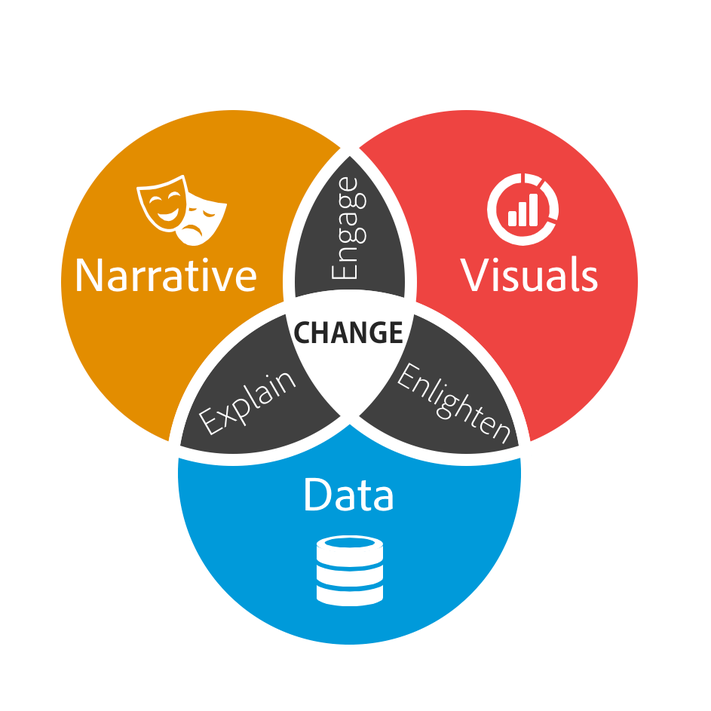As the gaming industry continues to embrace artificial intelligence (AI) technology, it’s essential to address the ethical considerations surrounding its integration. While AI has the potential to enhance gaming experiences, developers must ensure that its implementation upholds principles of fairness, inclusivity, and transparency. In this article, we’ll delve into the ethical challenges and considerations inherent in AI integration in gaming and explore strategies for promoting fairness and inclusivity in game development.
Addressing Bias in AI Algorithms
One of the primary ethical considerations in AI integration is the potential for bias in AI algorithms. Bias can manifest in various forms, including racial, gender, and socioeconomic bias, and can result in unfair treatment of players. To address this issue, developers must carefully design and train AI algorithms to mitigate bias and ensure equitable outcomes for all players. Additionally, ongoing monitoring and auditing of AI systems can help identify and rectify bias before it impacts player experiences.
Protecting Player Privacy and Data Security
Another ethical concern in AI integration is the protection of player privacy and data security. AI algorithms often rely on vast amounts of player data to function effectively, raising concerns about data privacy and security breaches. To mitigate these risks, developers must implement robust data protection measures, such as encryption, anonymization, and secure storage protocols. Furthermore, developers should be transparent with players about the types of data collected and how it will be used, empowering players to make informed decisions about their privacy.

Ensuring Algorithm Transparency
Transparency is paramount in AI integration, as players have the right to understand how AI systems operate within games. Developers should strive to make AI algorithms transparent and comprehensible to players, providing clear explanations of how AI-driven systems influence gameplay and decision-making processes. By fostering transparency, developers can build trust with players and promote accountability in AI integration.
Promoting Inclusivity in Game Design
Inclusivity is another key ethical consideration in AI integration, as developers must ensure that AI-driven systems cater to diverse player demographics and preferences. This includes designing AI algorithms that are sensitive to cultural differences, accessibility needs, and varying levels of skill and experience. By prioritizing inclusivity in game design, developers can create gaming experiences that are welcoming and enjoyable for all players, regardless of background or ability.

Conclusion
Ethical considerations are paramount in AI integration in gaming, and developers must take proactive measures to ensure fairness, inclusivity, and transparency. By addressing bias in AI algorithms, protecting player privacy and data security, ensuring algorithm transparency, and promoting inclusivity in game design, developers can harness the potential of AI technology to create gaming experiences that are ethical, engaging, and inclusive for all players.
Read about also: Unveiling the Latest Innovations: Exploring New Features in PHP.












